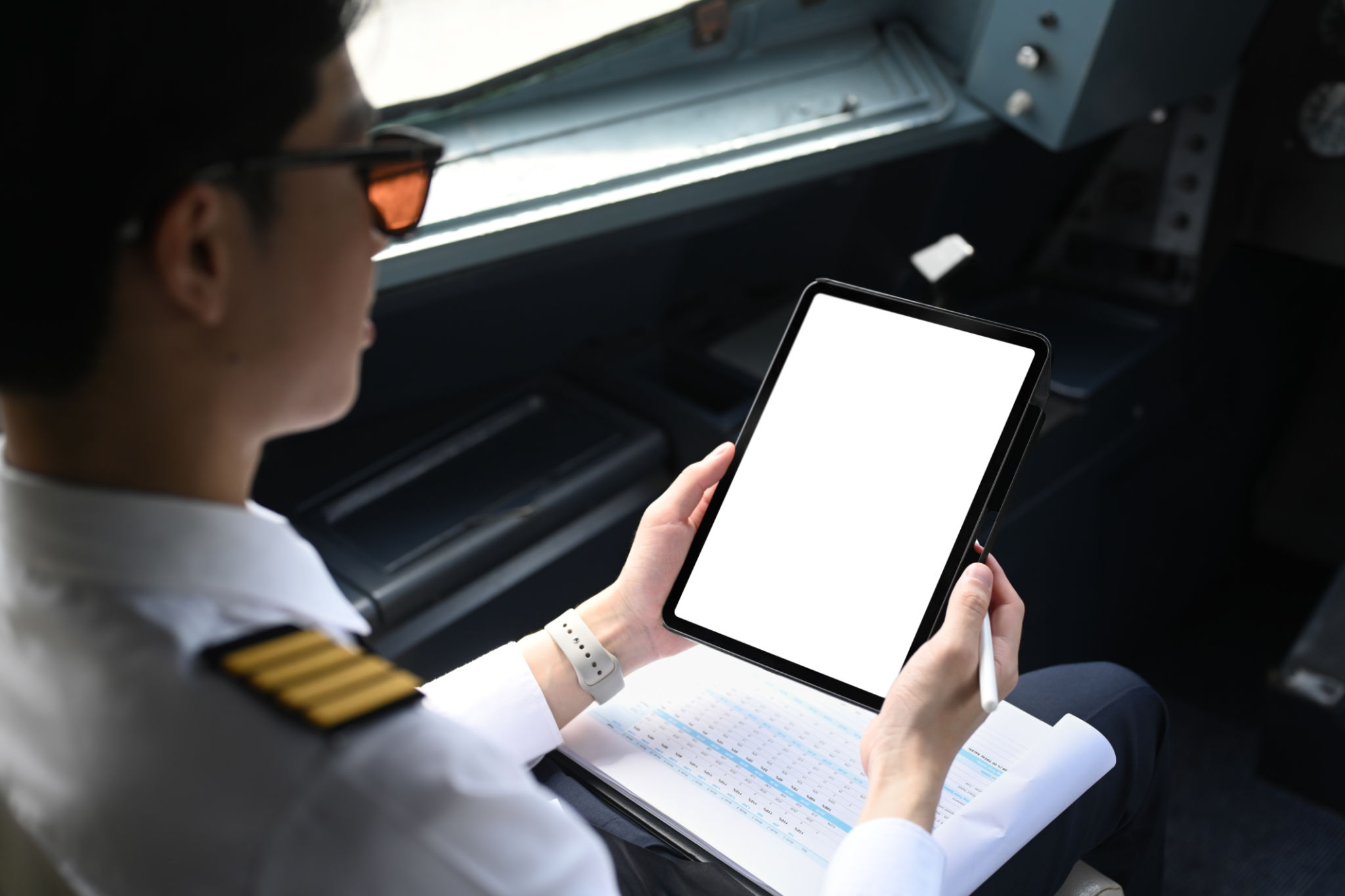How Digital Flight Logbooks Enhance Pilot Experience
Introduction to Digital Flight Logbooks
In the aviation industry, maintaining accurate and detailed flight records is crucial. Traditionally, pilots have used paper logbooks to track their flight hours, routes, and experiences. However, with the advent of technology, digital flight logbooks are becoming increasingly popular, offering a range of benefits that enhance the pilot experience.

Efficiency and Convenience
One of the primary advantages of digital flight logbooks is their efficiency and convenience. Unlike traditional logbooks, digital versions allow pilots to input data quickly, often with just a few taps on a tablet or smartphone. This ease of use saves time and reduces the risk of errors associated with manual entries.
Moreover, digital logbooks can automatically calculate totals and provide insights into flight patterns. This automated process helps pilots keep track of their hours and certifications efficiently, ensuring they meet licensing requirements without hassle.
Accessibility and Portability
Digital flight logbooks offer unparalleled accessibility and portability. Pilots can access their flight records from any device with an internet connection, making it easy to update or review entries on the go. This flexibility is particularly beneficial for pilots who travel frequently and need to manage their logbooks from various locations.

Enhanced Data Security
Security is a significant concern when it comes to personal and professional records. Digital flight logbooks provide enhanced data security compared to their paper counterparts. Most digital platforms use encryption and cloud storage to protect sensitive information, ensuring that pilot data remains safe from loss or unauthorized access.
Additionally, regular backups offered by these platforms protect against data loss due to technical issues, providing peace of mind for pilots who rely on accurate record-keeping.
Integration with Other Systems
Another significant advantage of digital flight logbooks is their ability to integrate with other systems and applications. Many digital logbooks can sync with flight planning and scheduling software, GPS devices, and aviation databases. This integration streamlines the workflow for pilots, allowing them to have a comprehensive view of their flying activities and related data in one place.

Environmental Benefits
Switching to digital flight logbooks also offers environmental benefits. By reducing the need for paper, pilots and aviation companies contribute to sustainability efforts. The shift towards digital record-keeping helps decrease the carbon footprint associated with paper production and disposal.
Moreover, as the world moves towards more eco-friendly practices, adopting digital solutions aligns with broader environmental goals within the aviation industry.
Conclusion
Digital flight logbooks are transforming the way pilots manage their flight records, offering a more efficient, secure, and environmentally friendly solution. By embracing these technological advancements, pilots can enhance their overall flying experience, ensuring that their records are up-to-date, accessible, and protected.
As technology continues to evolve, the benefits of digital flight logbooks will likely expand, further cementing their place as an essential tool for modern pilots.
